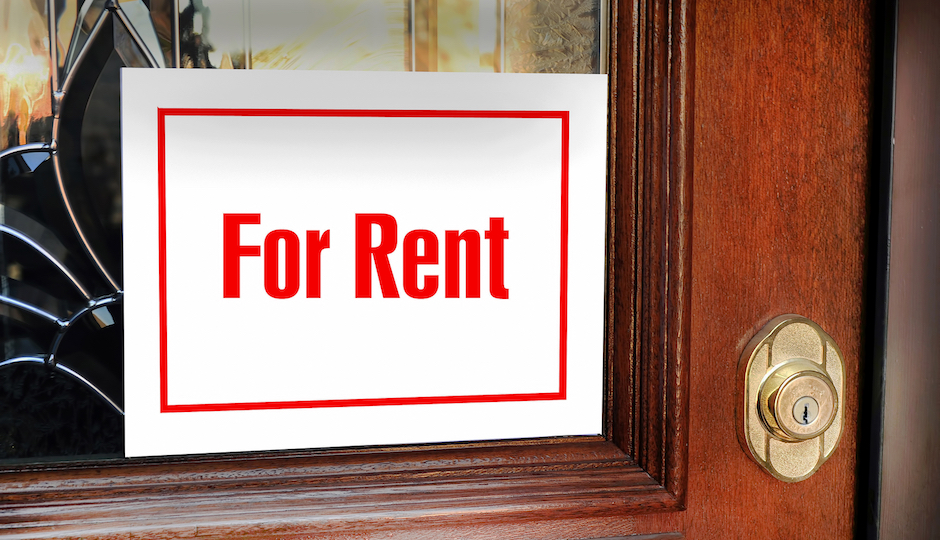The Future of Real Estate Tech: How’s Your Landlord Rate?

Would-be tenants had no way of scoping out landlords before WhoseYourLandlord came along. | iStock photo
Looking to rent an apartment? Wonder what tenants think of the landlord?
Looking to fill an apartment? Want to see whether a prospective tenant checks out?
One site answers both of these questions: WhoseYourLandlord.com.
The site with the deliberately ungrammatical name – the possessive “whose” is there to indicate that the site gives you ownership of the landlord search – is the brainchild of Ofo Ezeugwu, an entrepreneurial Temple graduate who got the idea for the service as he was campaigning for student body vice president in his junior year.
“Students were talking about problems with their landlords,” he said. “What gave me the idea behind WhoseYourLandlord was to have people review their landlords so that those who followed them could avoid problems” — a sort of RateYourProfessor for student tenants. But it quickly grew beyond that simple idea: “It’s expanded to bringing quality to the rental experience.”
The aim of WhoseYourLandlord now is to enable both tenants and landlords to have the best possible experience renting and living in an apartment. Ezeugwu likens the model now to sharing services like Uber and Airbnb, where both the customer and the provider rate each other in order to maximize the quality of the experience for both parties to the transaction.
“We review landlords and property managers in seven key areas” based on user-supplied data, Ezeugwu said. Those areas include responsiveness, quality of maintenance and the level of respect landlords show tenants. “That way you know what to expect before you come in to see the apartment.”
WhoseYourLandlord started out with those helpful features for present and future tenants. But Ezeugwu soon recognized that landlords also wanted quality tenants as much as the tenants want quality landlords.
He gave an example of a tenant in New York who found an apartment through Craigslist (her story’s posted on the WYL blog) as an example of what WhoseYourLandlord helps tenants avoid. “This person came home from work one day to find all her and her roommates’ stuff missing,” he said. When she couldn’t get in touch with the landlord, she plugged his name into a Facebook search and came across a video of him “wearing her jewelry and dancing and saying how he had scammed several new people.” The WYL team put her in touch with the city’s public advocate, but as of now, she hasn’t gotten any legal or financial redress yet.
This may be an extreme case, but things like this do happen, and it’s Ezeugwu’s goal to keep it from happening to good tenants. It’s also his goal to help landlords find those good tenants and verify their bona fides.
Ezeugwu has set up a partnership that will enable WYL to list apartments for rent across the country in its database, and he is currently at work putting the finishing touches on another partnership with Trans Union that will allow landlords to vet tenants’ credit and eviction histories when they express interest in a unit.
Ezeugwu points out that tenants who go apartment shopping on WYL are already a cut above the pack going in. “Someone who goes looking for an apartment this way is more intentional,” he said. The Trans Union integration means that “before issuing a lease or even giving a tour, the landlord will be able to see the quality of a tenant.”
With that functionality, WYL becomes a win-win for the tenant and the landlord. Tenants will get honest assessments of landlords from other tenants — landlords can’t get unfavorable reviews removed — and landlords will be able to do business with tenants whose quality has been verified.
“A platform like Craigslist has inventory, but it has no quality assurance,” Ezeugwu said. “We want to have quality people on both sides.”
Other partnerships allow renters to obtain renters’ insurance through Allstate and furnish and accessorize their apartment via Fab and Target. And the WYL blog contains more stories like the one above as well as local market analysis and advice on apartment searching along with personal stories about renters and their apartment experiences. All this is part of Ezeugwu’s strategy for increasing user engagement with the site.
As of now, WYL has the most listings in the three cities where it first focused its efforts — Philadelphia, New York and Washington — but other cities are being added on a continuing basis: tenants looking to rent in Baltimore, Boston, Chicago, Dallas and Houston, for instance, will find plenty of units to choose from already. “We have reviews in more than 150 cities nationwide,” Ezeugwu said.
Right now, users conduct about 1500 searches each week on WYL. “We’d like to get that number up over the next several months. With more listings, we expect to triple or quadruple that number shortly.”


